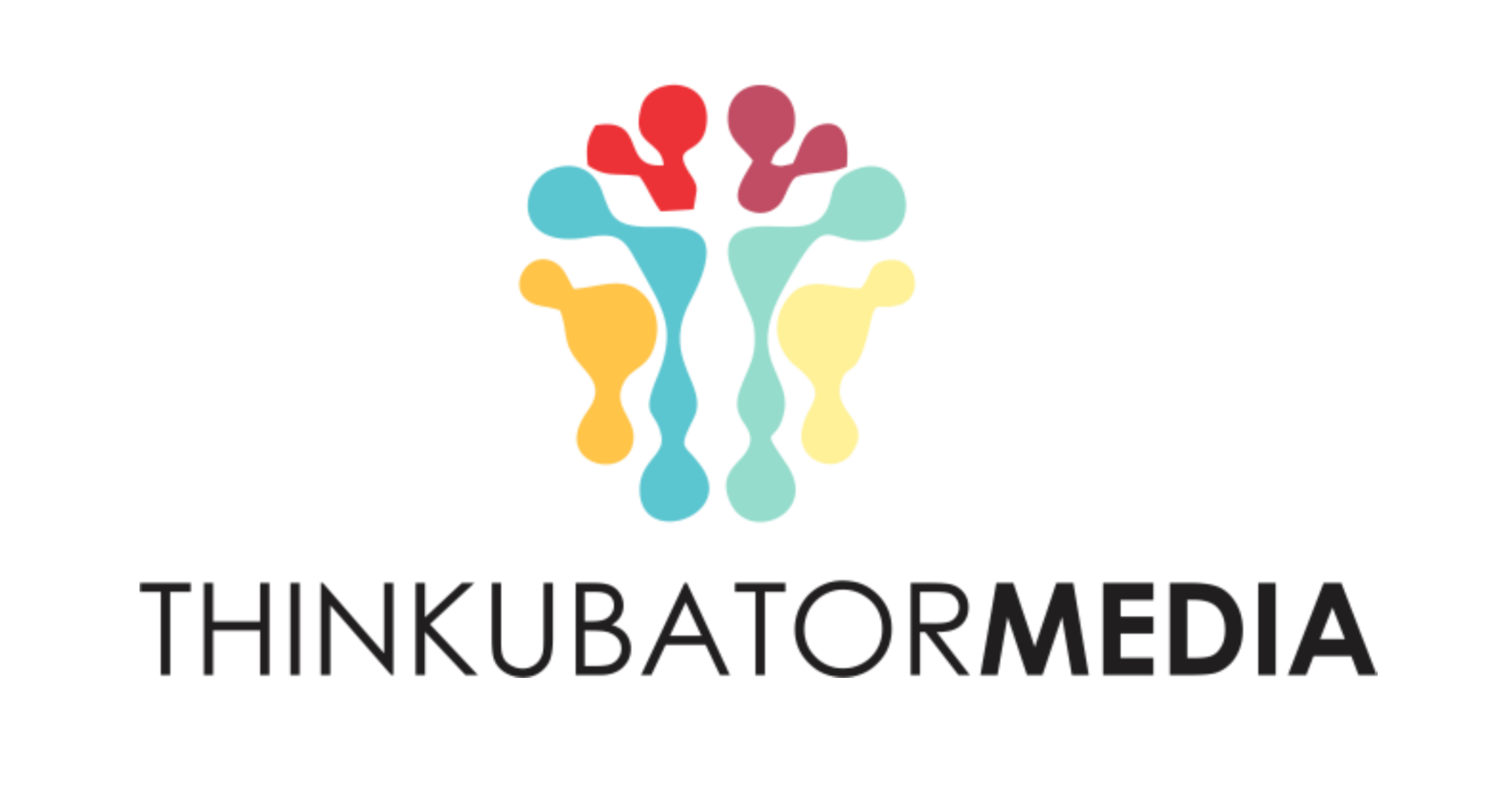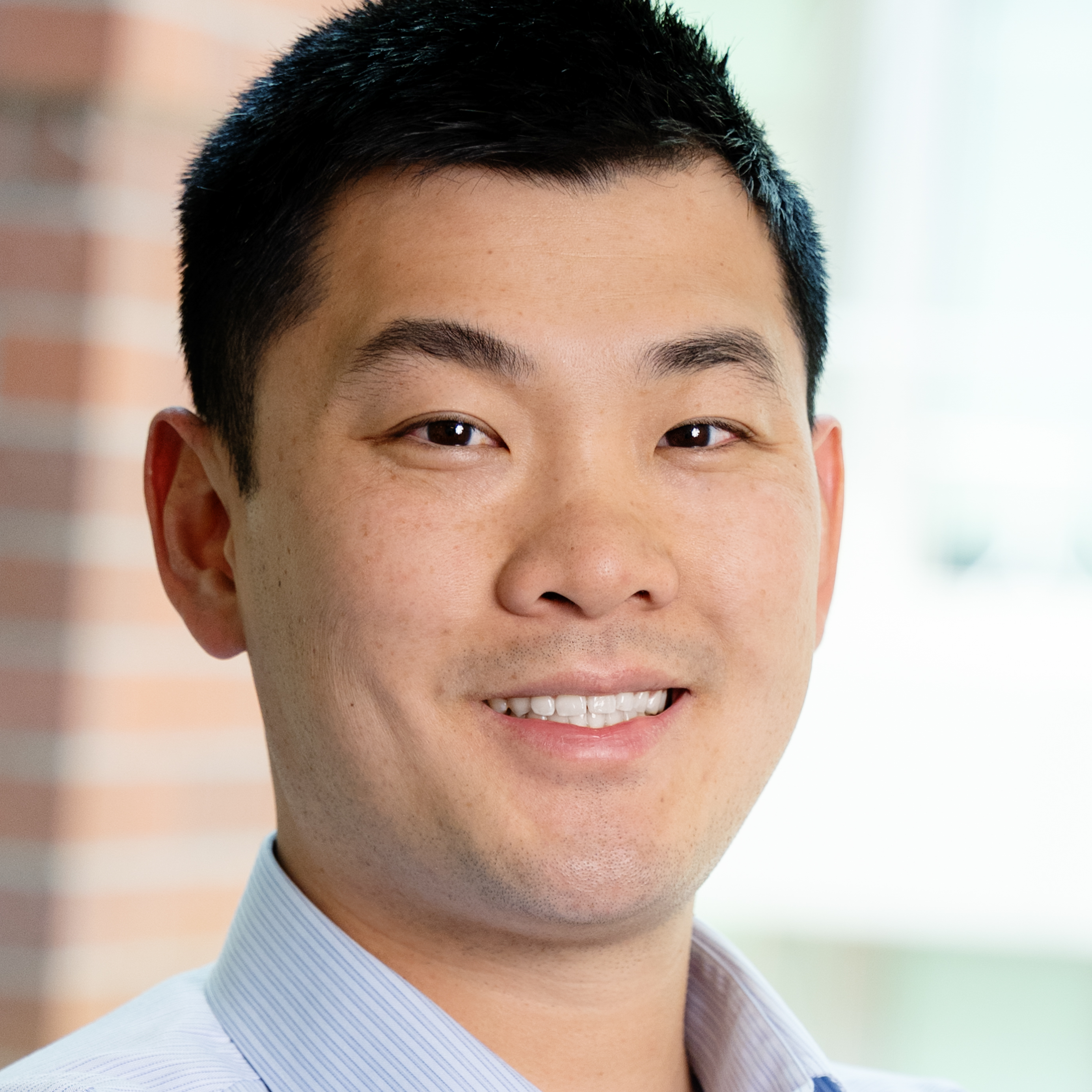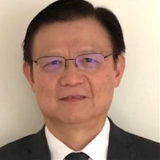Cambridge Healthtech Instituteの第13回年次
Advancing Multispecific Antibodies and Combination Therapy to the Clinic
多重特異性抗体と併用療法の臨床への進歩
Creating the Killer Combo
最高の組み合わせの構築
2025年5月13日 - 14日 EDT(米国東部標準時・夏時間)
Scientific Advisory Board
Frank Comer, PhD, Director, Tumor Targeted Delivery, Early Oncology Discovery, AstraZeneca
Eric Smith, PhD, Senior Director, Bispecifics, Regeneron Pharmaceuticals, Inc.
Nathan D. Trinklein, PhD, Co-Founder and President, Rondo Therapeutics
Sunday, May 11
1:00 pmMain Conference Registration
2:00 pmRecommended Pre-Conference Short Course
SC2: Safety & Efficacy of Bispecifics and ADCs
*Separate registration required. See short course page for details.
Tuesday, May 13
1:50 pmDessert Break in the Exhibit Hall with Poster Viewing
EMERGING BISPECIFIC STRATEGIES
Combination Strategies to Enhance Anti-Tumor T Cell Responses
 Eric Smith, PhD, Senior Director, Bispecifics, Regeneron Pharmaceuticals, Inc.
Eric Smith, PhD, Senior Director, Bispecifics, Regeneron Pharmaceuticals, Inc.
This presentation will describe preclinical data from Regeneron’s new clinical approaches to enhancing anti-tumor efficacy of T cells, focusing on the combination of co-stimulatory bispecific antibodies with checkpoint blockade and T cell redirecting bispecifics. In addition, data from new classes of T cell-targeted enhancement strategies will be discussed, including preclinical data from our PD-1 targeted receptor masked IL2 that has entered clinical development.
T Cell Co-Stimulatory Bispecific Antibodies for Treating Solid Tumors
 Shelley Force Aldred, PhD, Co-Founder and CEO, Rondo Therapeutics
Shelley Force Aldred, PhD, Co-Founder and CEO, Rondo Therapeutics
T cell engaging bispecific antibodies targeting CD3 have had tremendous success in treating hematologic tumors but have shown limited efficacy in solid tumors. Employing safe and tunable bispecific antibodies for a wider variety of immune stimulating receptors may help address solid tumor-related challenges. Here, we describe bispecific platforms developed at Rondo Therapeutics and highlight progress on our lead program, RNDO-564, a CD28 x Nectin-4 bispecific antibody for treatment of metastatic bladder cancer.
4:00 pmRefreshment Break in the Exhibit Hall with Poster Viewing
SPEED NETWORKING
How Many New Contacts Can You Make?
 Kevin Brawley, Project Manager, Production Operations & Communications, Cambridge Innovation Institute
Kevin Brawley, Project Manager, Production Operations & Communications, Cambridge Innovation Institute
Bring yourself and your business cards or e-cards, and be prepared to share and summarize the key elements of your research in a minute. PEGS-Boston will provide a location, timer, and fellow attendees to facilitate the introductions.
Bispecific T Cell Engagers for Oncology and Autoimmune Diseases
 John R. Desjarlais, PhD, CSO, Xencor
John R. Desjarlais, PhD, CSO, Xencor
Xencor has developed a versatile platform for the creation of bispecific antibodies, with a particular focus on T cell engagers. We’ll discuss application of the platform to solid tumors as well as for the depletion of pathogenic CD20-positive or CD19-positive B cells in autoimmune diseases.
Total Recall: Boosting Memory T Cells with Co-Stimulatory Bispecifics
 Koorosh Korfi, PhD, Biomarker and Experimental Medicine Leader, Early Biomarker Development Oncology, Roche Pharma Research and Early Development (pRED), Roche Innovation Center Zurich
Koorosh Korfi, PhD, Biomarker and Experimental Medicine Leader, Early Biomarker Development Oncology, Roche Pharma Research and Early Development (pRED), Roche Innovation Center Zurich
Bispecifics targeting 4-1BB or CD28 have emerged in oncology to unlock the full potential of T cell bispecifics (TCBs), aiming for chemo-free treatments. The emerging clinical and biomarker data from Roche's Phase 1 trials combining co-stimulatory bispecifics with TCBs in hematologic malignancies show compelling safety and efficacy profiles, evidence of costimulatory action, and enhanced memory T cell responses, paving the way for novel and innovative combination therapies.
Targeted PD-1 Agonism for Autoimmune Indications
 Tara Mahon, PhD, Associate Director, Protein Science Pipeline, Immunocore Ltd.
Tara Mahon, PhD, Associate Director, Protein Science Pipeline, Immunocore Ltd.
Immunocore has developed ImmTAAI, a new class of bispecific protein therapeutic designed to deliver targeted immunomodulation to treat autoimmune diseases. The effector domain comprises an agonistic anti-PD-1 VHH, which is biologically active only when target-bound and does not compete with natural ligand (PD-L1/L2), providing a wide therapeutic index. Using this targeted approach we have developed two distinct bispecific molecules, one which specifically targets pancreatic beta cells to treat Type I Diabetes (T1D) and another which specifically binds an HLA unrestricted APC target in skin, to treat inflammatory skin diseases.
6:10 pmClose of Day
6:10 pmDinner Short Course Registration
6:30 pmRecommended Dinner Short Course
SC6: Developability of Bispecific Antibodies
*Separate registration required. See short course page for details.
Wednesday, May 14
7:15 amRegistration and Morning Coffee
WORKFORCE INNOVATION BREAKFAST
 PANEL DISCUSSION:
PANEL DISCUSSION:Workforce Transformation: An Evolving Approach to Achieve Innovation
(Continental Breakfast Provided) Co-Organized with Thinkubator Media
 Lori Lennon, Founder & CEO, Thinkubator Media
Lori Lennon, Founder & CEO, Thinkubator Media
This panel will explore the pivotal decisions shaping our approach to DEI, focusing on workforce innovation and transformation. Panelists will discuss how these strategies are driving impactful change within organizations, fueling innovation, and redefining workplace culture.
PLENARY KEYNOTE SESSION
Ex vivo and in situ Engineered Stroma Targeted CAR T Cells for the Treatment of Solid Tumors and Fibrosis
 Ellen Puré, PhD, Chair & Professor, Biomedical Sciences, University of Pennsylvania
Ellen Puré, PhD, Chair & Professor, Biomedical Sciences, University of Pennsylvania
Engineered chimeric antigen receptor expressing T cells (CARTs) have had a major impact on the treatment of hematopoietic cancers. Solid tumors however, are largely resistant to malignant cell-targeted CAR Ts due to a stroma-rich microenvironment. This talk will provide proof-of-concept for therapeutic efficacy of ex vivo and in situ engineered stroma-targeted CAR Ts in solid tumors and tissue fibrosis, and their capacity to synergize with chemo- and other immune-based therapies.
9:35 amCoffee Break in the Exhibit Hall with Poster Viewing
ENTREPRENEUR MEET-UP
Fostering Entrepreneurship and Models for Start-Ups
Natalie Galant, CEO of Paradox Immunotherapeutics and Termeer Fellow, and Catharine Smith, Executive Director of the Termeer Foundation, are co-hosting an entrepreneurship meet up.
Are you a founder or aspiring founder? Are you an academic entrepreneur? Join Natalie and Catharine and PEGS attendee founders and entrepreneurs for networking and discussion.
We will discuss existing resources for academic entrepreneurs, founders, and start-up leaders, and areas where the ecosystem can better support you.
BISPECIFICS FOR NON-ONCOLOGY APPLICATIONS
Multispecific Antibody Generation for Inflammatory Diseases: Form and Function
 Dan Snell, PhD, Senior Vice President, Research and Preclinical Development, Numab Therapeutics AG
Dan Snell, PhD, Senior Vice President, Research and Preclinical Development, Numab Therapeutics AG
Multispecific antibodies hold significant advantages for the treatment of patients with inflammatory diseases. We will share important design principles for multispecific antibody construction and considerations for target selection in an increasingly crowded space. We will also present the advantages and some key examples of Numab's platform for the generation of best-in-class multispecific antibodies.
Bispecific Anti-KLK5/7 for Netherton and Atopic Dermatitis
 Cecilia Chiu, PhD, Scientist IV, Genentech, Inc.
Cecilia Chiu, PhD, Scientist IV, Genentech, Inc.
Serine proteases kallikreins KLK5 and KLK7 are critical for maintaining skin barrier function. Excessive KLK activities can lead to Netherton syndrome and atopic dermatitis. Our study demonstrated that combined treatment with inhibitory anti-mKLK5 and anti-mKLK7 antibodies improves skin integrity and reduces inflammation in mouse NS and AD models. We further generated a humanized bispecific anti-KLK5/7 inhibitory antibody, presenting a promising therapy for clinical development in NS and other inflammatory dermatoses.
11:55 amSession Break
 LUNCHEON PRESENTATION: Sequence-Forward, Single B-Cell Solutions by LAMPIRE for Monoclonal Antibody Discovery across Multiple Species
LUNCHEON PRESENTATION: Sequence-Forward, Single B-Cell Solutions by LAMPIRE for Monoclonal Antibody Discovery across Multiple Species
 John Majercak, PhD, Head of Antibody Discovery, LAMPIRE Biological Laboratories, Inc.
John Majercak, PhD, Head of Antibody Discovery, LAMPIRE Biological Laboratories, Inc.
Leveraging decades of expertise in small and large animal immunizations, LAMPIRE Biological Labs has developed robust and cost-effective solutions to Monoclonal Antibody discovery. The keys to our “Sequence-Forward, Single B-cell” approach will be highlighted, including the development of proprietary markers to isolate antibody expressing B-lymphocytes across multiple species. This approach combines FACS, NGS, In Vitro Screening and Sequence Analytics to isolate high-affinity, epitope-diverse, heavy+light chain antibodies, chicken IgYs, single-domain vHH Nanobodies and ultra-long CDR3 Picobodies for therapeutics, clinical assets and research applications.
INTERACTIVE DISCUSSIONS
Interactive Breakout Discussions are informal, moderated discussions, allowing participants to exchange ideas and experiences and develop future collaborations around a focused topic. Each discussion will be led by a facilitator who keeps the discussion on track and the group engaged. To get the most out of this format, please come prepared to share examples from your work, be a part of a collective, problem-solving session, and participate in active idea sharing. Please visit the Interactive Breakout Discussions page on the conference website for a complete listing of topics and descriptions.
T Cell Engaging Bispecific Antibodies for Treating Solid Tumors
 Shelley Force Aldred, PhD, Co-Founder and CEO, Rondo Therapeutics
Shelley Force Aldred, PhD, Co-Founder and CEO, Rondo Therapeutics
T-cell engaging bispecific antibodies have shown limited efficacy in solid tumors, with a few notable exceptions. Next-generation bispecific antibodies are becoming powerful tools for helping the immune system overcome the suppressive environment in solid tumors. In this presentation, we describe the bispecific immune-cell engager platforms developed at Rondo Therapeutics and highlight progress on our lead program, RNDO-564, a CD28 x Nectin-4 bispecific antibody for the treatment of metastatic bladder cancer.
BISPECIFICS FOR NON-ONCOLOGY APPLICATIONS (CONT.)
Development of SAB01, A Conditionally Active bsAb for the Depletion of Mast Cells
 Peter Emtage, PhD, CEO, Santa Ana Bio
Peter Emtage, PhD, CEO, Santa Ana Bio
Mast cells (MCs) are a distinctive hematopoietic effector cell population that are sentinels of innate immunity and play an important role in orchestrating immune responses at barrier tissues. While well-known for their role in IgE-dependent type 1 hypersensitivity that underlies anaphylaxis and other acute manifestations of atopy, MCs are also associated with several other disease states. KIT, the protein of the c-Kit protooncogene, and its ligand stem cell factor (SCF) are central regulators of MC biology impacting differentiation, migration, maturation, survival, and activation. Blocking the KIT pathway offers the ability to deplete MCs and in doing so alleviate their pathogenic biology. Since the KIT/SCF axis regulates several stem cell populations, precise targeting of the pathway on MCs is required to bypass the toxicity issues associated with KIT/SCF blockade. In this presentation we will cover the strategy to develop SAB01, a conditionally active bi-specific antibody which offers the potential for a safer approach to treating MC driven diseases.
CONDITIONALLY ACTIVE BISPECIFIC ANTIBODIES
KEYNOTE PRESENTATION: Developing Off-the-Shelf Bispecific T Cell Engagers to Treat Infectious Disease and Autoimmunity
 JoAnn A. Suzich, PhD, Head, Research, Immunocore LLC
JoAnn A. Suzich, PhD, Head, Research, Immunocore LLC
The bispecific platform (ImmTAX), initially focused on oncology, was adapted to address other disease areas. For HIV, molecules were designed to eliminate the proviruses reservoir that is the main barrier to a functional cure. For autoimmune diseases, bispecifics encompassing a tissue targeting-arm and PD-1 agonist were designed to protect normal cells from T cell destruction. Successful programs require deep understanding of underlying disease biology coupled with innovative protein engineering.
Multispecific CD3 Switch-DARPins Ensure Tumor-Targeted T Cell Activation for Enhanced Efficacy and Safety in Solid Tumors
 Marcela Guzman Ayala, PhD, Head of In Vitro Pharmacology, Molecular Partners
Marcela Guzman Ayala, PhD, Head of In Vitro Pharmacology, Molecular Partners
Multispecific CD3 Switch-DARPin T-cell engagers aim to overcome current therapeutic challenges, like lack of universal tumor target antigens (TAAs) and poor efficacy/toxicity profiles. Switch DARPins allow masking a T cell-engaging DARPin until a defined target or combination of targets is encountered on the surface of target cells. The increased tumor specificity allows for safely adding a co-stimulatory function for potent and sustained anti-tumor T cell responses and expanding the targetable TAA field.
4:00 pmIce Cream Break in the Exhibit Hall with Poster Viewing
BA3182: A Novel EpCAM Targeting, Conditionally Active T Cell Engager
 Gerhard Frey, PhD, Vice President, Technology Development, BioAtla LLC
Gerhard Frey, PhD, Vice President, Technology Development, BioAtla LLC
EpCAM is a very attractive target since it is expressed in a wide variety of tumors. However, it is also widely expressed on normal tissues, making it a challenging target for traditional cancer therapies. BA3182 is a conditionally active T cell engager (TCE) targeting EpCAM. The Conditionally Active Biologic (CAB) technology enables selective binding to the EpCAM and CD3 targets only in the tumor microenvironment. Preclinical, as well as initial clinical data will be discussed.
XTEN Polypeptide-Masked Protease-Activated T Cell-Engagers: XPAT Proteins-A Novel Format to Mitigate the on-Target, off-Tumor Problem
 Volker Schellenberger, PhD, Senior Vice President, Research Oncology, Vir Biotechnology, Inc.
Volker Schellenberger, PhD, Senior Vice President, Research Oncology, Vir Biotechnology, Inc.
XPAT proteins are conditionally active TCEs designed to exploit the dysregulated protease activity in tumors. Preclinically, XPAT proteins demonstrated 1) strong masking of in vitro cytotoxicity by approximately 4 logs; 2) potent in vivo efficacy at doses similar to the efficacious doses of unmasked TCE controls; and 3) increased MTDs in NHP by greater than 100-fold. Clinical trials of XPAT proteins targeting HER2 and PSMA are currently ongoing.
From Bispecific to Trispecific: How Much Engineering Do You Want to Put into One Swiss Army Knife?
 G. Jonah Rainey, PhD, Associate Vice President, Eli Lilly and Company
G. Jonah Rainey, PhD, Associate Vice President, Eli Lilly and Company
- What formats are available and are they developable?
- What other modalities could drive the same biology as a trispecific? Is trispecific the best choice?
- What are the best ways to co-optimize three specificities? Epitope, geometry, affinity.
6:40 pmNetworking Reception in the Exhibit Hall with Poster Viewing
7:40 pmClose of Advancing Multispecific Antibodies Conference
* 不測の事態により、事前の予告なしにプログラムが変更される場合があります。
アジェンダ・講演者・スポンサー更新
2025年 プログラム
表示する:

工学ストリーム

腫瘍ストリーム

多重特異性ストリーム

免疫療法ストリーム

発現ストリーム

分析法ストリーム

免疫原性ストリーム

新興治療ストリーム

機械学習ストリーム

 Talk Title to be Announced
Talk Title to be Announced





 Talk Title to be Announced
Talk Title to be Announced Talk Title to be Announced
Talk Title to be Announced

 Talk Title to be Announced
Talk Title to be Announced

















